Cardiac Surgery
St. Mary’s General Hospital is home to the Regional Cardiac Care Centre (RCCC) for Waterloo-Wellington. In addition, the centre accepts referrals from Perth County, Grey-Bruce, Huron, Brant, and Oxford Counties, as well as Haldimand-Norfolk.
St. Mary’s RCCC provides first-class surgical care to more than 890 patients every year. We are leaders among our peers, providing timely consultation, compassionate care, and achieving excellent outcomes.
Preparing for Surgery
Our goal is for you to be able to return home to your loved ones and get back to doing the things that you love. By working with your health care team and taking an active role in your surgery and recovery, you can heal faster, safer, and easier.
At St. Mary’s General Hospital, we focus on preventing 5 key elements that can slow your recovery after surgery. They are:
- Prevention of Pain
- Prevention of Nausea
- Prevention of Constipation
- Prevention of Immobility
- Prevention of Respiratory Compromise
The medical staff will need to do a few things before your surgery. Here is what you can expect:
- A nurse practitioner or doctor will complete your medical history and do a physical exam.
- Your anesthesiologist will see you before your surgery.
- The nursing staff will go through this teaching booklet with you before surgery.
You may have some tests completed while you wait for surgery including:
- Bloodwork
- ECG
- Chest x-ray
- Nasal and rectal swabs (to check for antibiotic-resistant bacteria)
- Urine sample
- Other healthcare specialists may need to see you before your surgery. Depending on your medical history, you may also have other tests.
If you will be waiting at home for your heart surgery, your surgeon will arrange for you to have an appointment in the Pre-surgery Clinic. This appointment will take place within 6 weeks of your surgery date. You will receive the appointment information and some questionnaires and forms in the mail. You will need to fill out all of the forms and questionnaires before your clinic appointment.
Activity
It is important to stay active in the days and weeks leading up to your heart surgery. Do not try to increase your activity level. Avoid activities that lead to shortness of breath or chest pain. If you were not physically active before, ask your family doctor before starting an exercise program before surgery. You may continue to work leading up to your surgery unless your surgeon tells you otherwise.
Limit your work to activities that do not cause angina, shortness of breath, or fatigue.
Physical activity will help your lungs and circulation. Being in better physical shape will make your recovery easier.
Stop Drinking Alcohol
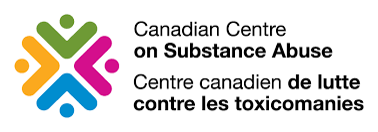 Drinking alcohol before surgery can affect your recovery. You should stop drinking alcohol now! Make sure you tell the staff exactly how much alcohol you have had in the days leading up to your surgery. This will help the doctor, or nurse practitioner to adjust your medicines properly.
Drinking alcohol before surgery can affect your recovery. You should stop drinking alcohol now! Make sure you tell the staff exactly how much alcohol you have had in the days leading up to your surgery. This will help the doctor, or nurse practitioner to adjust your medicines properly.
Alcohol withdrawal can cause:
- Agitation
- Confusion
- Nausea and vomiting
- Increased sweating
- Tremors
- Headaches
- Feelings of anxiety
Weaning your body from alcohol before surgery can also help with pain control and developing normal sleep patterns after surgery.
Quit Smoking
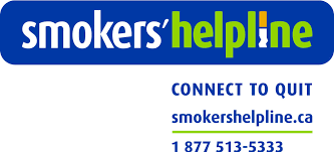 Smoking is a risk factor for heart disease. If you smoke, it is important that you try to quit before your surgery. Ask your health care professional about medicine to help with your efforts to quit.
Smoking is a risk factor for heart disease. If you smoke, it is important that you try to quit before your surgery. Ask your health care professional about medicine to help with your efforts to quit.
There are many benefits to stopping smoking in the days or weeks before your surgery. These include improved healing and better lung function. In short, it will help improve your recovery. Continuing to be a non-smoker after your surgery will improve your overall health. It will help you to keep both the short and long term positive outcomes of not smoking.
What Should I Eat?
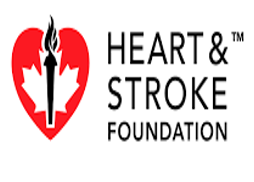 Continue to follow a Healthy Heart diet. You are encouraged to follow this diet after surgery. For information on the Healthy Heart diet, see page 53-54.
Continue to follow a Healthy Heart diet. You are encouraged to follow this diet after surgery. For information on the Healthy Heart diet, see page 53-54.
To learn more about patient blood management throughout the surgical process, please watch the video below.
The pre-operative package that you will have received from your surgeon’s office may also have included information on blood transfusion, also available here.
For more information about how to prepare for heart surgery, please watch the video Preparing Heart Surgery video and read through the Heart Surgery booklet at the top of the page.
Additional Resources
Some patients may experience delirium as a side-effect of surgery. Delirium is a medical condition that changes the way someone thinks and acts.
The link below contains more information about being on the lookout for this condition, what causes it, how to treat it and more.
On The Lookout For Delirium: A Guide For Patients, Families and Friends
Types of Cardiac Surgery
Below, you’ll find information regarding different types of cardiac surgery, including video animations of different procedures.
For more information, you can also access our online patient booklet, Heart Surgery: A Guide for Patients and Their Loved Ones.
Cardiac bypass surgery may also be called “coronary artery bypass grafting (CABG)” or “aortocoronary bypass (ACB)” surgery. All of these names mean the same thing. Grafting simply means “to join”.
This is the most common type of open-heart surgery. The goal of this surgery is to restore blood flow to the heart muscle, improving the delivery of oxygen and nutrients. This should stop the chest pain (angina) that the person experiences.
This is surgery to replace a damaged heart valve. The heart’s four valves open and tightly close. The valves make it so that blood can only flow forward when the heart squeezes. One or more valves can be replaced during surgery.
The surgeon will discuss with you and your loved ones the use of a tissue valve (called bio-prosthetic) or a mechanical heart valve.
This surgery is to repair a damaged heart valve. The heart’s four valves open and tightly close. The valves make it so that blood can only flow forward when the heart squeezes. Usually, only one valve is repaired at a time. However, at times, one or more valves may need to be repaired.
The aorta is the largest artery in the body. It begins at the heart and runs through the chest and abdomen. Sometimes the walls of the aorta weaken and bulge in one area.
An aortic repair is a surgery to create support for the weakened area.
Meet Your Care Team
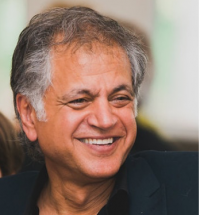
Dr. Kassem Ashe
Phone: 519-749-6946
Fax: 519-749-6677

Dr. Jennifer Higgins
Phone: 519-749-6946
Fax: 519-749-6677
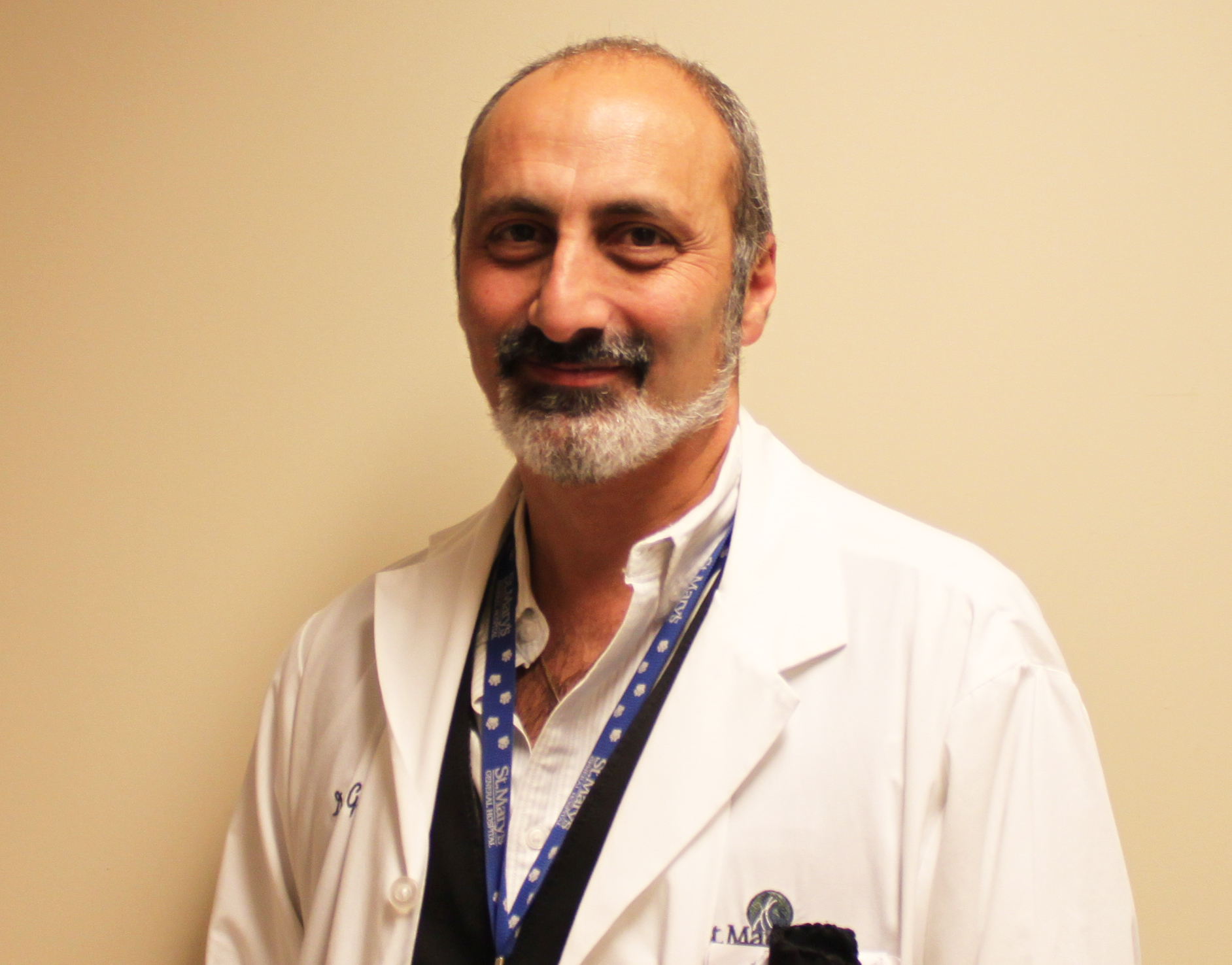
Dr. Gary Salasidis
Phone: 519-749-6937
Fax: 519-749-6492
Corrie Brubacher
Email: cbrubacher@smgh.ca
Phone: 519-749-6578 ext. 1936
Fax: 519-749-6414
Second floor
Phone: 519-749-6690
Third floor, West
Phone: 519-749-6435
Tools for Your Recovery
| My INR + | Click here to use the INR app to track your coumadin, INR and blood tests. |
| Calendar | Click here to use the calendar to track your Coumadin, INR, and blood tests. |
| Heart & Stroke Foundation | Click here to get information on how to be heart healthy. |
| Integrated Comprehensive Care Program (ICC) |
The ICC Program supports eligible patients at home after surgery. Before surgery, you will meet with an ICC Coordinator. This nurse will help you learn how to prepare for surgery and be a resource for your recovery at home |
The ICC Program supports eligible patients at home after surgery. Before surgery, you will meet with an ICC Coordinator. This nurse will help you learn how to prepare for surgery and be a resource for your recovery at home.
For more information about your recovery after surgery or the medications that you are now taking, please click on the links below.
After Surgery Information
Taking Care of Your New Valve
Symptoms After Heart Surgery
Medication Information
Ace Inhibitors
Angiotensin Receptor Blockers
Amiodorone
ASA See drug information sheets.
Beta Blocker
Calcium Channel Blocker
Clopidogrel
Digoxin
Diuretics
Nitrates
Spironolactone
Statins
Ticagrelor
Warfarin See drug information sheets.

